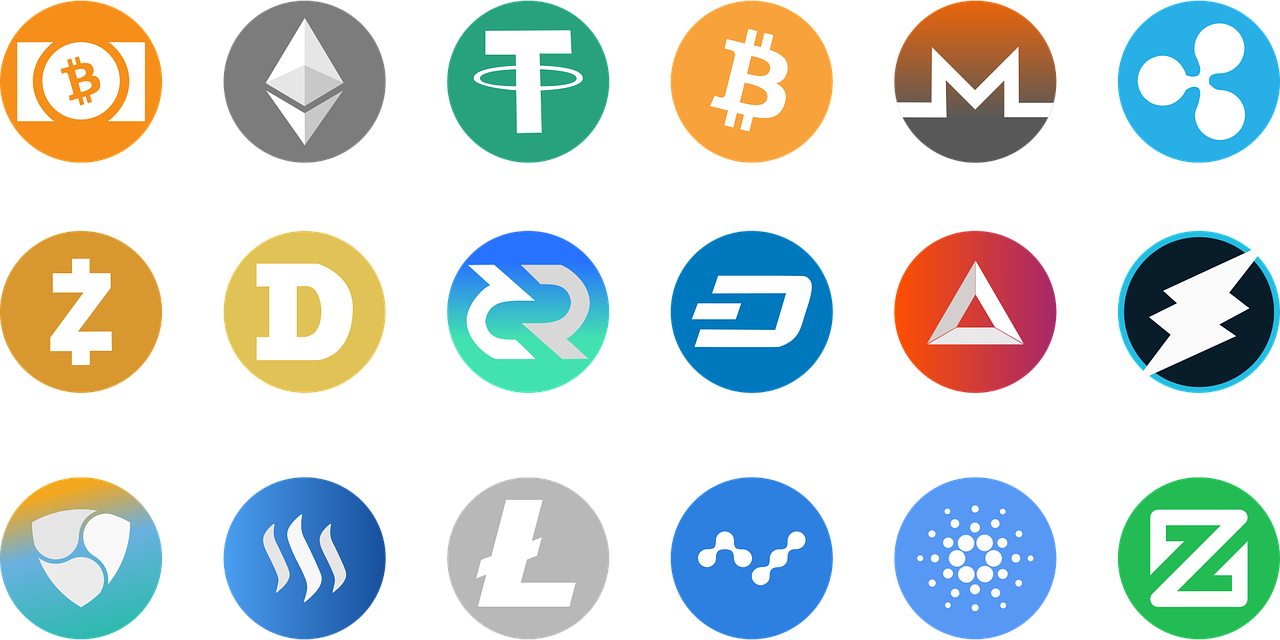Home Cryptography Solana 101
Solana 101

Solana is a high-performance blockchain platform providing fast, secure, scalable decentralized applications (dApps) and cryptocurrencies. It aims to address the scalability limitations associated with other blockchain networks, such as Ethereum.
Solana was developed by a team led by Anatoly Yakovenko and was launched in March 2020. It uses a unique combination of technologies and innovations to achieve its performance goals. Solana employs a proof-of-stake (PoS) consensus mechanism called Proof of History (PoH), which provides a verifiable and sequential timeline of all transactions on the network. This helps in ordering and processing transactions quickly and efficiently.
The platform also incorporates Tower BFT (Byzantine Fault Tolerance) technology, which helps achieve consensus among network participants while maintaining security and decentralization. Solana is known for its high throughput, capable of processing thousands of transactions per second, and low transaction fees.
Solana's architecture enables developers to build decentralized applications, including smart contracts, tokenized assets, and decentralized finance (DeFi) projects. It provides a developer-friendly environment with support for various programming languages, making it accessible to many developers.
Solana's native cryptocurrency is called SOL, which is used for various purposes within the Solana ecosystem, including paying for transaction fees, staking, and participating in governance decisions.
The Solana blockchain has gained significant attention and adoption due to its speed, scalability, and developer-friendly features. It has attracted projects from various sectors, including DeFi, NFTs, gaming, and more
